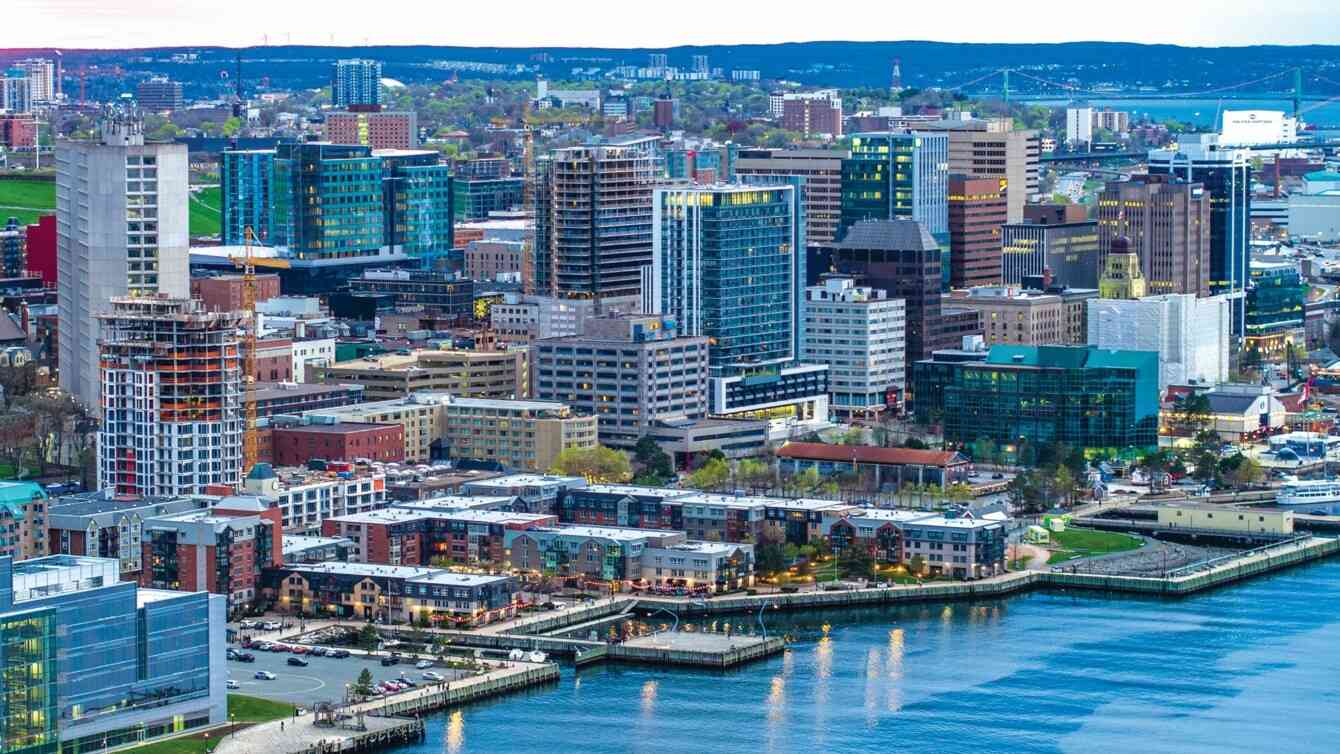
IN 2018, over 20 African countries will hold presidential and parliamentary elections across the continent. Zimbabwe holds its general elections on Monday, a day that has been declared a national holiday. Ordinarily elections should not cripple the economy, create instability or bring uncertainty, but those are the vagaries and realities of operating in certain world markets. One of Africa’s pitfalls is that politics has led the economy for far too long, instead of it being the other way round.
By VICTOR BHOROMA
The results of such systems have been undesirable for business growth on the continent, leading to poor credit ratings and depressed investment.
Zimbabwean businesses have grappled with the negative political environment of the past two decades. Some have folded, leaving the more resilient ones and the booming informal sector, which now employs over 6 million out of the 7,8 million workforce in Zimbabwe. That Zimbabwe is a market with massive potential for various forms of businesses from mining to the service industry is undoubtable. The level of interest shown by foreign and local investors after the November 2017 events clearly shows that expectations are very high. Sales orders for various businesses have also gone up in the first quarter of 2018, as compared to the same period in 2017. Key sectors in the local economy such as agriculture and mining are showing signs of recovery, which may spill over to other segments of if the right policies are followed.
As the world looks at Zimbabwe with keen interest next week, businesses hold their breath so as to decide their next move in a somewhat turbulent market for most businesses, especially in manufacturing, real estate and the service industry. Whether to divest or invest, maintain or downsize, key decisions have to be made after elections, depending on the policy framework that will be pursued by the government. Key aspects that need to be solved include the persistent foreign currency shortage that has crippled most producers. Surveys show that over 30% of foreign currency used by the local industry in importing raw materials comes from the black market. This situation is not sustainable for the industry and the whole value chain as it puts pressure on prices. Prices of basic commodities and local supplies have gone up sharply in the last 30 days, as the foreign currency situation worsens.
The Confederation of Zimbabwe Industries (CZI) and Confederation of Zimbabwe Retailers (CZR) have in the past called for the return of the local currency and widespread currency reforms to cushion themselves against exchange rate losses. Sections of the local economy have also joined the loud calls to adopt the South African rand as the local currency with financial assistance from South Africa in the short term. The calls have a strong basis on the fact that Zimbabwe’s trade with its industrialised neighbour amounts to over $4,5 billion annually. South Africa takes 63% of Zimbabwean exports and supplies 40% of the products consumed locally. If smuggled merchandise imports are taken into consideration, that figure can rise to about 60%. As such the calls carry a lot of weight in terms of balance of trade and industry competitiveness.
Closely tied to trade is the need for growth-oriented policies for the local industry. The local industry is facing stiff competition from regional producers, who are taking advantage of the worsening competitive edge of locally manufactured goods. Locally produced goods cannot match the prices charged by competitors in the region due to the high cost of fuel, electricity, transport and taxes. Industrialists have also called for the government to avail concessionary loans to import equipment and meet their orders. The recent $100 million facility from Standard Chartered Bank and the UK government could have passed without notice, because of the big hole most producers are in.
The $1,3 billion offshore facility from RBZ secured through the African Export-Import Bank (Afreximbank) and Trafigura can go a long way if disbursed to where it is needed most, not on consumption. This facility could also be waiting on the election wings for the local industry.
- Chamisa under fire over US$120K donation
- Mavhunga puts DeMbare into Chibuku quarterfinals
- Pension funds bet on Cabora Bassa oilfields
- Councils defy govt fire tender directive
Keep Reading
The business community is also keeping its fingers crossed on the various mega deals and projects that have been signed or promised by the current administration. Various sectors such as banking, insurance, energy, construction, mining and tourism are salivating at various revenue opportunities that may come if these deals materialise. It is brazenly clear that most of the memoranda of understanding signed by foreign investors carry with them a clause of credible elections and post-election stability that can guarantee return on investment. It will also be important to track whether the much publicised deals were just a part of electioneering or feasible business deals that can benefit the local economy.
The banking sector has largely been performing well after offloading bad loans to the Zimbabwe Asset Management Company (Zamco). The sector’s performance has also been buoyed by the government’s growing appetite for funding its expenditure through treasury bills and revenues from non-interest income emanating from bank charges in a market with very low real business. Banking sector hopes are on securing cheap lines of offshore credit which largely depend on Zimbabwe’s plan on paying its external debt and improving on its country risk. Other segments such as retailing, telecoms and ICTs pin their hopes on a stable economy where consumer buying power can grow. This growth in consumer spending is only possible if the economy becomes a priority, instead of the politics of the day. One way or the other, the election season is coming to an end with various winners and office bearers. After the dust has settled, businesses have to perform in a conducive environment and deliver the much needed jobs.
Victor Bhoroma is business analyst with expertise in strategic marketing and business management aspects. He is a marketer by profession and holds an MBA from the University of Zimbabwe (UZ). For feedback, mail him on [email protected] or Skype: victor.bhoroma1.











